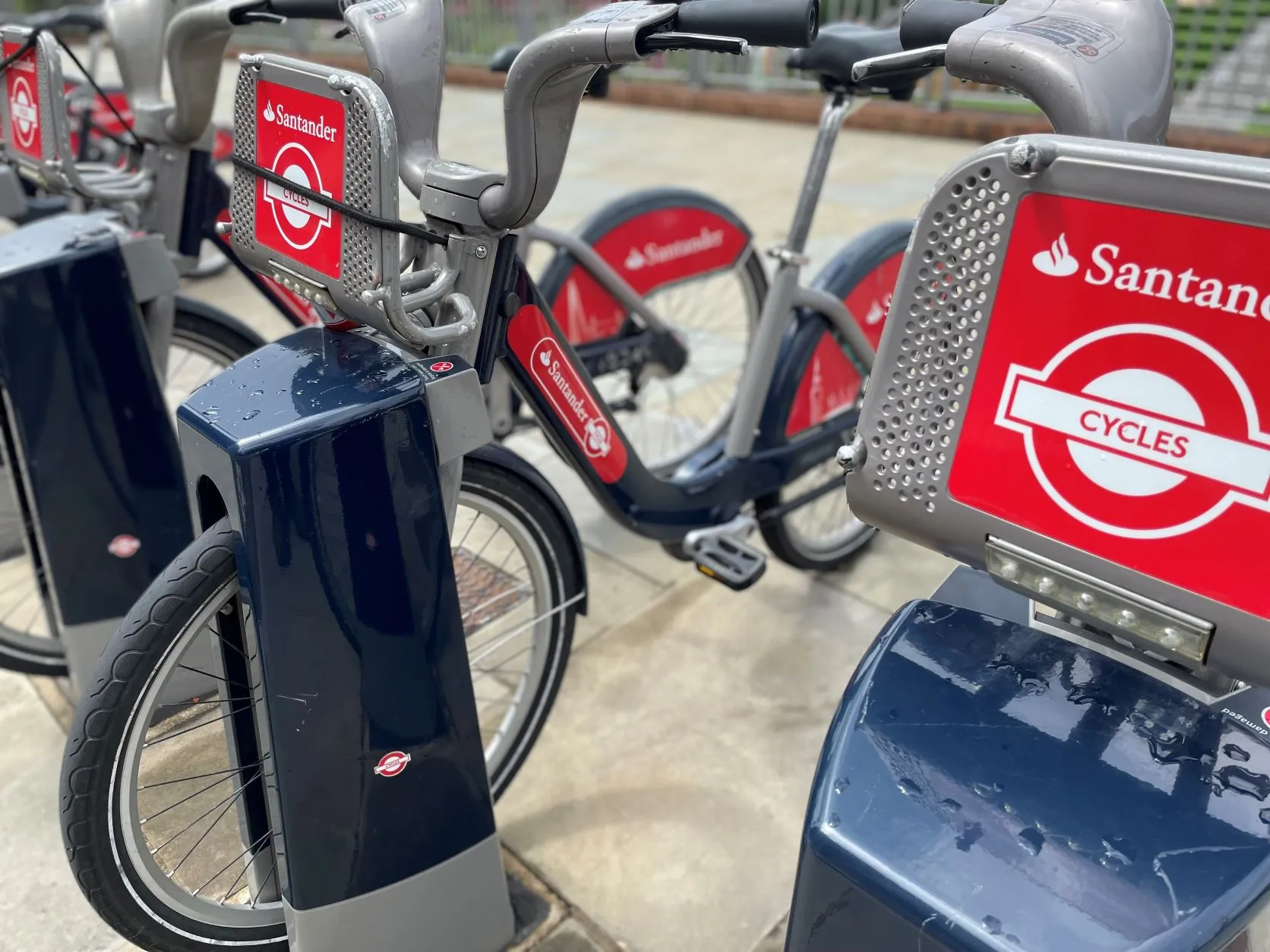A total of 25 boroughs, each receiving up to US$394,000 (£300,000), will install up to 1,500 standard-speed on-street charging points in residential areas, as part of Mayor of London Sadiq Khan’s long-term vision for zero-carbon transport in the Capital another step closer.
The new funding will provide residential charge points to assist those without access to off-street parking to make the switch from polluting vehicles to zero-emission vehicles. They will be in addition to the network of rapid charge points TfL is installing by the end of 2020.
The funding forms part of an award London received from the government’s Office for Low Emission Vehicles’ Go Ultra Low City Scheme, a nationwide competition to give several areas funding to increase electric vehicle use.
The boroughs have sought funding allocations based on perceived demand and electric vehicle take-up. Borough teams will now work to identify sites where charging points could be installed to support local residents to make the switch to greener vehicles. The funding will also support innovative new approaches such as using lamp posts as the base and power supply for charge points. This is cheaper, quicker and easier to install with less impact on the streetscape.
The Mayor’s draft Transport Strategy aims for all taxis and Private Hire Vehicles (PHVs) to be zero-emission capable by 2033, for all buses to be zero emission by 2037, for all new road vehicles driven in London to be zero emission by 2040, and for London’s entire transport system to be zero emission by 2050.
TfL and the Mayor of London are encouraging the use of electric vehicles to lower emissions and tackle London’s polluted air. Air pollution contributes to 40,000 premature deaths across the country with more than 9000 in London every year.
Funding boost for London’s electric vehicle charging infrastructure
Transport for London (TfL), London Councils and the Greater London Authority (GLA) have announced funding of almost US$6 million (£4.5 million) to London boroughs to install electric vehicle charging infrastructure on London’s streets. A total of 25 boroughs, each receiving up to US$394,000 (£300,000), will install up to 1,500 standard-speed on-street charging points in residential areas, as part of Mayor of London Sadiq Khan’s long-term vision for zero-carbon transport in the Capital another step closer.
August 4, 2017
Read time: 2 mins







